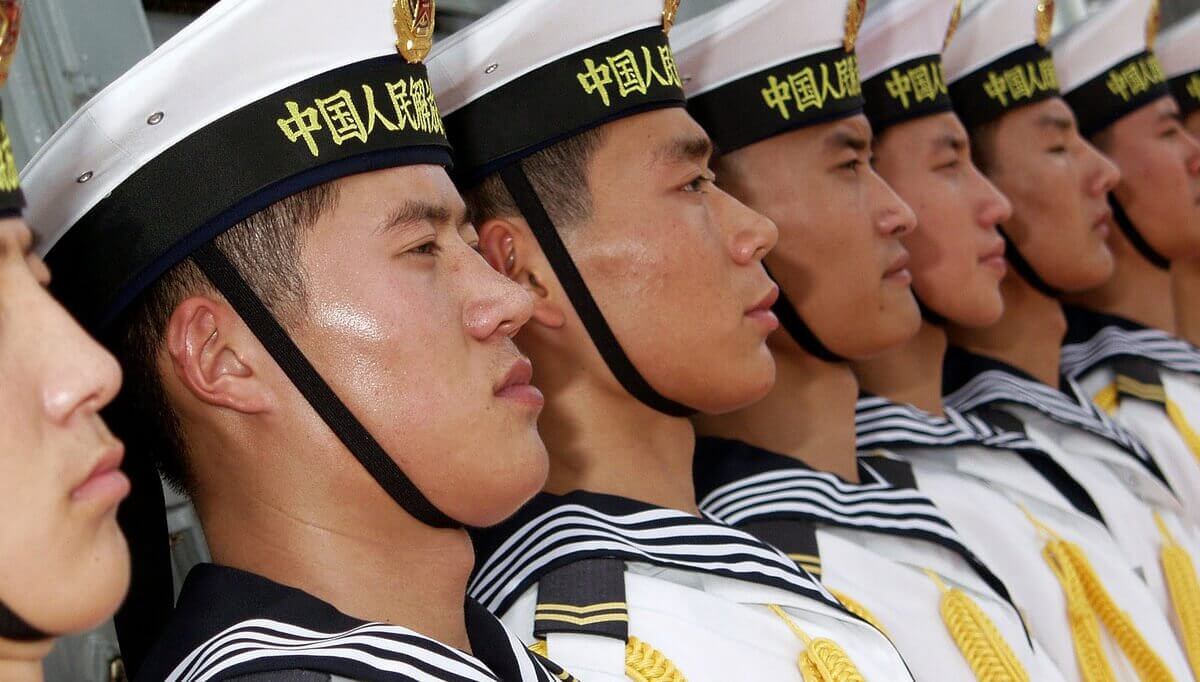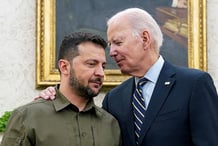China intends to double the number of nuclear warheads in service by 2030, of which China currently has about 200 units, The Hill reports, citing a Pentagon report.
“Over the next decade, China’s arsenal of nuclear warheads, which is now estimated at at least 200, are planned to at least double as China expands and modernizes its nuclear forces,” the report said.
At the same time, according to the document, in the next five years, the Chinese military wants to bring the number of warheads intended for intercontinental ballistic missiles to 200 units.
The Pentagon also warned that China, which is developing technologies for delivering nuclear weapons on strategic bombers, could soon acquire the entire nuclear triad and launch nuclear missiles from land, air, and sea.
The US Department of Defense noted that the United States is concerned not so much with the scale of China’s nuclear buildup as with Beijing’s long-term plans to strengthen its military power shown in this way.
Last weekend, US Secretary of Defense Mark Esper announced the need to strengthen US nuclear forces in the face of China’s growing military power.
Meanwhile, reminds The Hill, the Pentagon’s report was made public against the backdrop of Washington’s attempts to replace the START III treaty in the field of nuclear arms control between the United States and the Russian Federation with a document that would include China. However, China has previously refused to join such negotiations, pointing to a much larger US nuclear arsenal than China’s.
In August, the Axios portal, citing a statement by the US President’s special envoy, Marshall Billingsley, said that the US no longer insists on the mandatory participation of China in the arms control negotiations between Washington and Moscow.
The Trump administration has abandoned its demand for China to participate in negotiations and is focused on reaching a political deal with Russia, he said. After that, Washington expects that the United States and Russia together will be able to put pressure on China and convince it to join the negotiations and, ultimately, the agreement.














